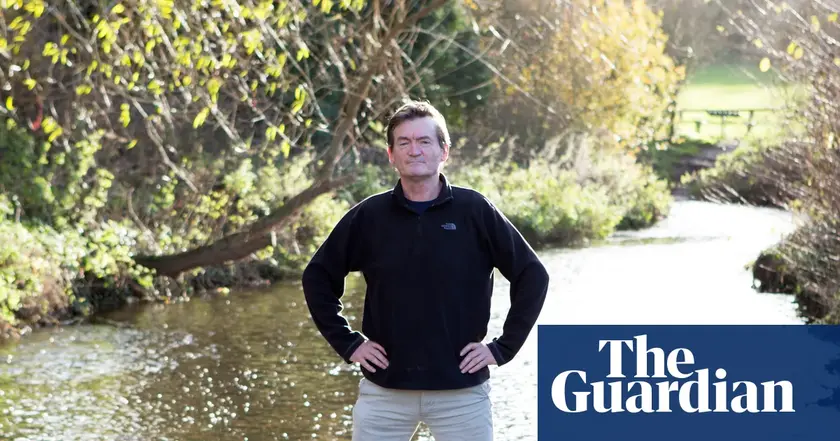T4K3.news
River Lea dispute heads to courts
Amwell Magna Fishery and Feargal Sharkey threaten judicial review over Environment Agency abstractions on the River Lea amid drought.

Amwell Magna Fishery seeks judicial review to stop water abstraction harming a rare trout population during a drought.
Feargal Sharkey accuses Environment Agency of illegally draining River Lea
Feargal Sharkey, who chairs the Amwell Magna Fishery on the River Lea, says the Environment Agency began reducing the river’s flow between Ware and Stanstead Abbotts on 3 June 2025, without statutory authority. The fishery argues the low water levels threaten the Lea’s oldest breeding population of brown trout and other life that needs fast, clean water.
Leigh Day solicitors have sent a pre-action protocol letter demanding the EA immediately stop abstraction and restore the river to its natural flow, warning of a judicial review if the regulator does not respond. The EA has not given a reason for the changes, and the stretch lies within a site of special scientific interest and a special protection area, heightening the stakes for biodiversity in drought conditions affecting many species and habitats.
Key Takeaways
"What is most extraordinary in all of this is that very government agency established to protect, conserve and ensure our river’s futures is now engaged in decimating the oldest populations of breeding brown trout in the River Lea, an act of environmental vandalism unmatched in recent history."
Sharkey comments on the EA’s actions and the perceived contradiction with its mission.
"It’s time to act, it’s time to do the right thing."
Sharkey urging action and accountability.
"Our client is perplexed by the Environment Agency’s inexplicable decision to alter the flow of the River Lea. In our client’s view, not only has this had a devastating impact on a stretch of the river, which is an internationally designated habitat, it has put at risk a brown trout conservation project that the agency itself was running with our client."
Statement by Ricardo Gama of Leigh Day about the case
"We have now sent a judicial review pre-action letter requesting that the agency urgently restores flow to our client’s stretch of the river."
Leigh Day outlining the next legal step
This dispute highlights a core tension between keeping rivers stable during droughts and protecting habitats. If the court sides with the fishery, agencies may need clearer rules and public-facing reasons for flow changes. The case could also test the legal boundaries of nuisance and statutory duty when public agencies manage water resources under pressure.
Whatever the outcome, the dispute may push regulators toward more transparent decision-making and better engagement with local communities. It could set a precedent for how authorities justify flow alterations in sensitive habitats during dry seasons and influence future governance of river health amid climate stress.
Highlights
- Restore the flow now protect a rare trout population
- Public trust depends on transparent water management
- Rivers deserve accountable management
- Judicial review could set a new standard for river stewardship
Legal challenge targets river water abstraction
The dispute raises political, legal and public-interest questions about how drought management is balanced with habitat protection. A judicial review could invite broader scrutiny of regulator decisions and water-use transparency, attracting public reaction and political attention.
The outcome may redefine how river flows are managed in times of drought while balancing ecological protection with public water needs.
Enjoyed this? Let your friends know!
Related News

Court allows Flores race discrimination suit to proceed

Husband admits to serious harm but denies murder attempt

Gruden seeks truth in high stakes legal battle

Gruden seeks truth in NFL emails case

Gruden wins arbitration ruling

Flight Attendant Strike Ends as Arbitration Takes Effect

Rachel O'Hare dies amid legal battle over £2.7m London home

Italian man kidnapped over cryptocurrency dispute
